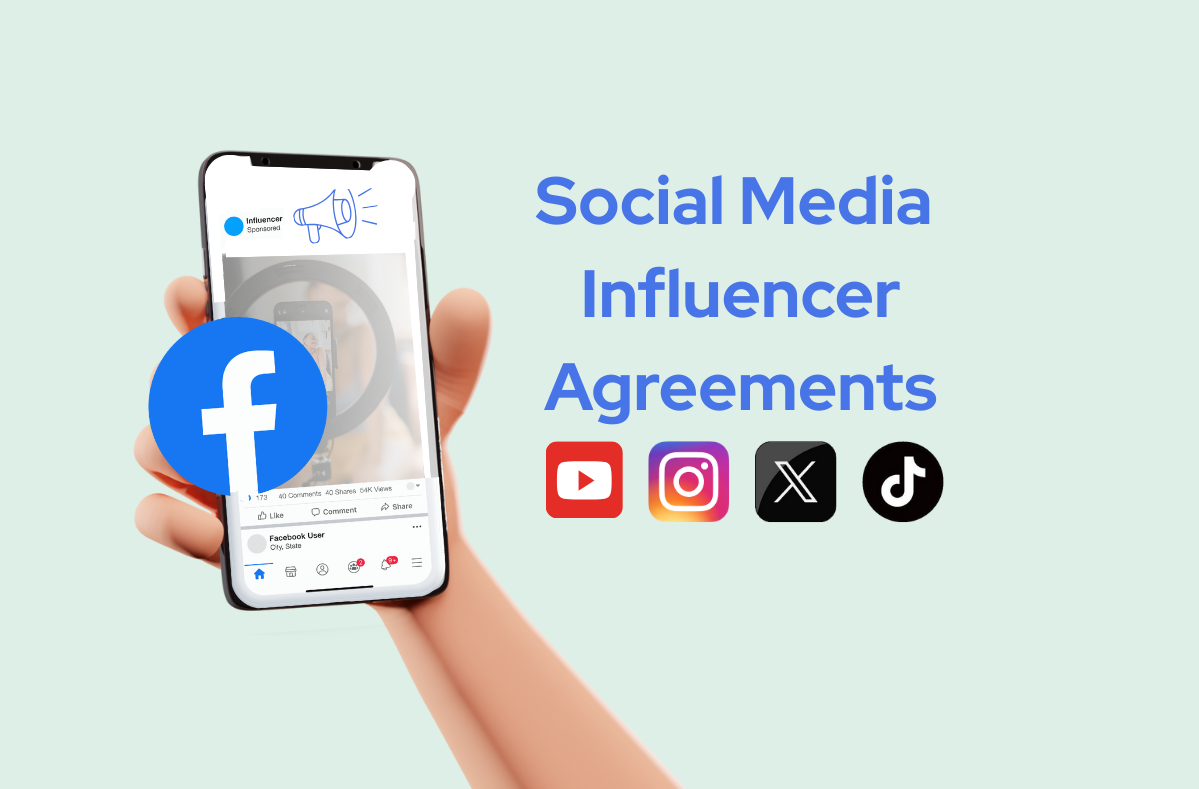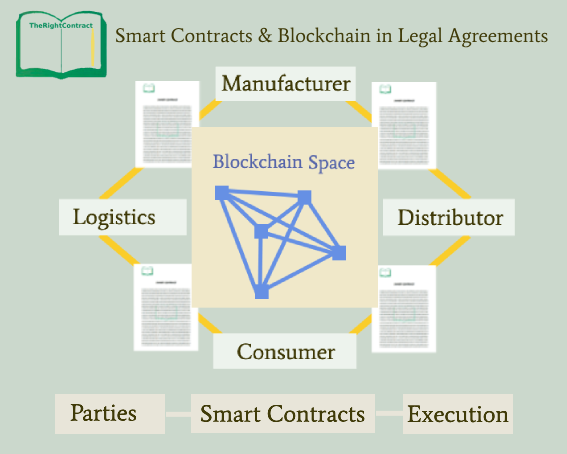Influencer marketing is no longer a digital novelty—it’s now a mainstream strategy used by global brands, government campaigns, and regional startups alike. But as the commercial influence of content creators grows, so does legal scrutiny. Across the GCC, regulatory bodies such as the UAE’s National Media Council (NMC) and Saudi Arabia’s General Authority for Media Regulation (GAMI) are setting clear guidelines for advertising, sponsorships, and paid collaborations.
At the heart of these campaigns lies the influencer agreement—a legal document that defines not just the business relationship but also regulatory compliance. Without a clear, enforceable contract, businesses and influencers alike face risks ranging from fines and account suspensions to legal disputes and reputational damage.
Why Influencer Contracts Are Now a Legal Necessity in the GCC
In the past, many collaborations were informal—DMs, emails, and verbal arrangements were enough. That’s no longer the case.
Today, authorities across the region require:
- Proper licensing of influencers
- Full disclosure of paid content
- Compliance with advertising standards (e.g. avoiding misleading claims)
- Transparency in cross-border payments and taxes
A solid influencer agreement not only protects both parties but also demonstrates regulatory responsibility, especially in industries like healthcare, finance, real estate, and education.
GCC-Specific Legal Considerations
1. UAE – National Media Council (NMC)
- Influencers promoting brands must hold a paid influencer license.
- Agencies need e-media licenses to manage influencers.
- All sponsored posts must include clear disclosure (e.g., #ad, “Paid Partnership”).
- Violations can lead to fines of up to AED 500,000.
2. Saudi Arabia – General Authority for Media Regulation (GAMI)
- All influencers promoting products or services must obtain a permit (SAR 15,000).
- Foreign influencers working in KSA must collaborate with licensed local entities.
- Influencer income must be declared for Zakat and tax purposes.
3. Qatar, Bahrain, Kuwait, Oman
- These jurisdictions are rapidly updating their laws, with soft enforcement becoming more formalized.
- Brands working regionally must account for multi-jurisdictional compliance.
Key Clauses to Include in Influencer Agreements
At TheRightContract, we’ve reviewed and published influencer agreement templates tailored to GCC regulations. Key elements include:
| Clause | Purpose | |
| Scope of Work | Define what platforms, content types, and deliverables are expected | |
| Disclosure Obligations | Ensure influencer uses required tags/labels (as per NMC or GAMI) | |
| Licensing Compliance | Confirm both influencer and agency are licensed (if required) | |
| Payment Terms | Clarify rates, timelines, and VAT implications | |
| Content Approval | Retain brand oversight and compliance with advertising laws | |
| Exclusivity / Non-Compete | Protect brand identity within a given campaign period | |
| Indemnity and Legal Liability | Clarify what happens in case of non-compliance or misleading content | |
| Jurisdiction | Ensure local laws (e.g., UAE or Saudi courts) govern the contract | |
Enforcement: What Happens If You Don’t Have a Contract?
Without a written agreement:
- Brands may lose control over messaging or be exposed to false advertising claims.
- Influencers may claim unpaid compensation or dispute usage rights of content.
- Both parties risk regulatory fines for lack of disclosure or licensing.
In one 2023 UAE case, a wellness brand was fined AED 20,000 for an influencer’s non-disclosure—even though the brand claimed it wasn’t aware the post went live. A contract with a disclosure clause and indemnity would’ve shifted liability appropriately.
How Legal Marketplaces Are Easing the Process
Platforms like TheRightContract are making it easier to:
- Access ready-to-use influencer agreement templates tailored to each GCC country
- Use AI tools to modify contracts for specific platforms (Instagram, TikTok, YouTube)
- Filter documents by compliance agency (e.g., NMC, GAMI)
- Share, sign, and store contracts digitally with timestamped proof
This empowers startups, agencies, and even government campaigns to move fast without compromising legality.
Final Thought
Influencer marketing in the GCC is lucrative—but it must be legally compliant. As enforcement sharpens, the influencer agreement has become not just a safeguard, but a strategic necessity.
At TheRightContract, we help bridge the gap between creativity and compliance by offering ready-made, customizable agreements that align with regional laws and protect both parties.
Whether you’re a startup hiring your first creator, a government entity running a national campaign, or an influencer agency managing dozens of talents—contract smart, contract safe.




